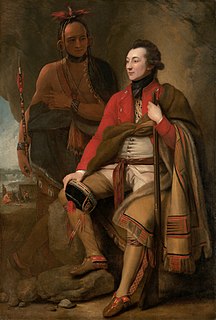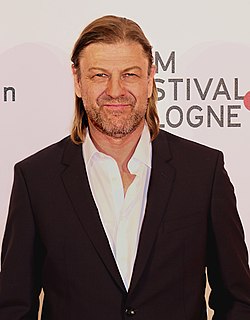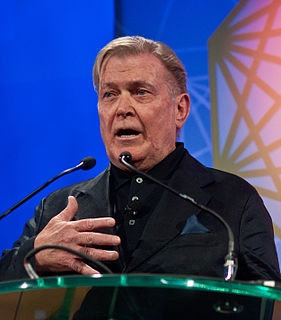A Quote by Lynn Coady
Considerations of plot do a great deal of heavy lifting when it comes to long-form narrative - readers will overlook the most ham-fisted prose if only a writer can make them long to know what happens next.
Related Quotes
With a novel, you have the reader with you a lot longer, and you owe him a lot more. Obviously you have to have a plot - I say "obviously," although I think a lot of fiction doesn't, and nothing seems to happen. But to me, there should be something that happens, and it should be at least vaguely plausible. And because the readers are going to be with these characters for a long time, you have to get to know them and like them and want to know what happens to them.
The ear is the only true writer and the only true reader. I know people who read without hearing the sentence sounds and they were the fastest readers. Eye readers we call them. They get the meaning by glances. But they are bad readers because they miss the best part of what a good writer puts into his work.
Of course I know that the twins are only words on a page, and I'm certainly not the sort of writer who talks to his characters or harbours any illusions about the creative process. But at the same time, I think it's juvenile and arrogant when literary writers compulsively remind their readers that the characters aren't real. People know that already. The challenge is to make an intelligent reader suspend disbelief, to seduce them into the reality of a narrative.
If a writer of prose knows enough about what he is writing about he may omit things that he knows and the reader, if the writer is writing truly enough, will have a feeling of those things as strongly as though the writer had stated them. The dignity of movement of an iceberg is due to only one-eighth of it being above water. A writer who omits things because he does not know them only makes hollow places in his writing.
Long before the idea of a writer's conference was a glimmer in anyone's eye, writers learned by reading the work of their predecessors. They studied meter with Ovid, plot construction with Homer, comedy with Aristophanes; they honed their prose style by absorbing the lucid sentences of Montaigne and Samuel Johnson.
The mistake that people made around 2000 with the emergence of the web was that they thought that people would not read long-form on a screen. Following from that idea, they quit doing long-form on screens. It got shorter and shorter, and then came cats toying with flowers and all of those clichés, but it was wrong. People will read long-form on a device if they want to read long-form.





































